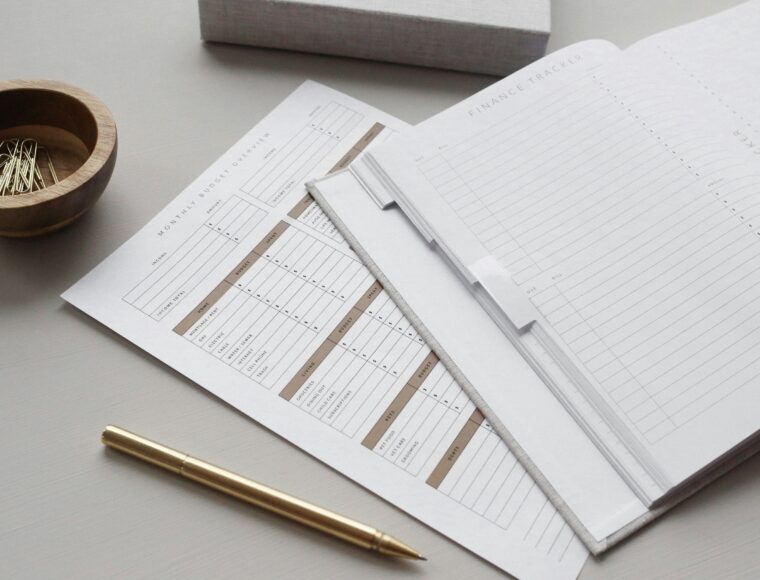
Our 2023-24 Annual Report is Now Available!
Learn More
Managing rising living costs can be challenging, but small changes can help. This guide offers practical tips on saving money, reducing bills, and accessing financial support.
There are many factors that have contributed to the rising cost of living in the UK over the past couple of years, including inflation, energy prices, supply chain disruptions, property financing, and building costs as well as tax changes. The cost of living affects different groups of people differently, depending on their income, outgoings, spending patterns and where they live.
There are some ways to reduce your costs, depending on your situation and needs:
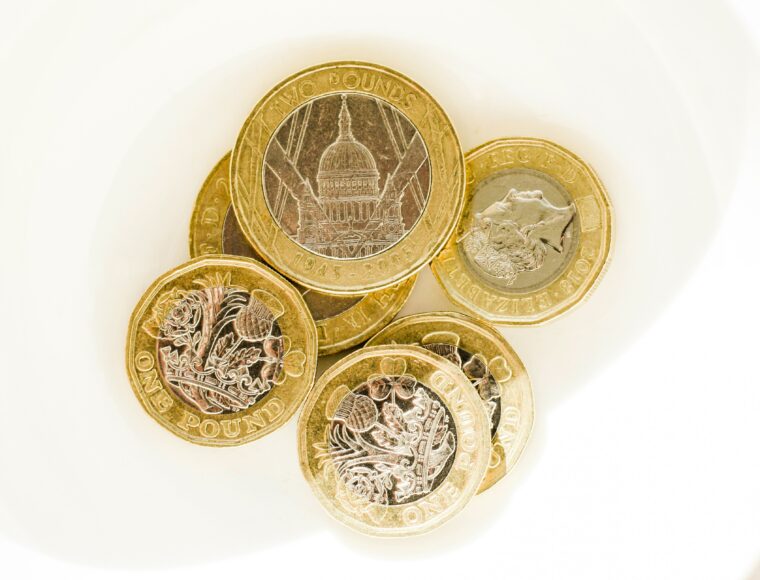
Use a benefits calculator to check what financial support you may be entitled to. Have details of your income, savings, outgoings, and existing benefits ready.
You will need to have the following information at hand:

Making small energy-saving adjustments not only lowers bills but also reduces carbon emissions, helping to protect the environment and combat climate change.
Warmth starts to escape from your home when the sun goes down and temperatures start to drop. Closing all the curtains or blinds in your home is a simple but effective way of stopping heat loss – especially if you have older windows.
If you have an open chimney, draught-proofing your chimney when you’re not using it could save around £90 a year. The cheapest option to keep the cold out is a draught excluder, which starts at around £20.
Scroll down for more Energy Savings tips.
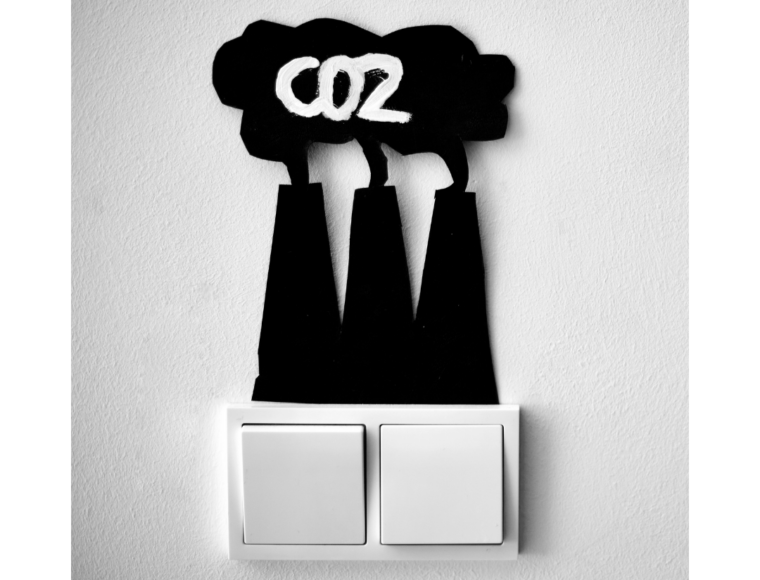
The average person in Britain showers for 7.5 minutes (75 litres), by switching to a 4-minute shower they could save up to £127 on your combined energy and water bills.
Consider fitting a tap aerator onto your existing kitchen tap to reduce the amount of water coming out without affecting how it washes or rinses. An aerator is a small gadget with tiny holes – they attach to the spout of taps and are cheap and easy to install – and could save you £30 a year.
Only run your dishwasher when it is full to reduce the amount of water you use. Reducing your dishwasher use by one run per week for a year could save you £15.
Your hosepipe uses 170 litres of water every ten minutes, equivalent to two bathtubs of water. While using a watering can during the summer months, people can save up to £120 and 45,000 litres of water – that’s the same as 571 baths.
If you are buying plants for your garden choose water-efficient plants that will have a better chance of surviving during long and dry summers that are becoming the norm in the UK.
Many household appliances have eco modes which are designed to use less energy – usually by running at different speeds or lower temperatures. Try using the eco setting as your standard option and you should see real savings over time.
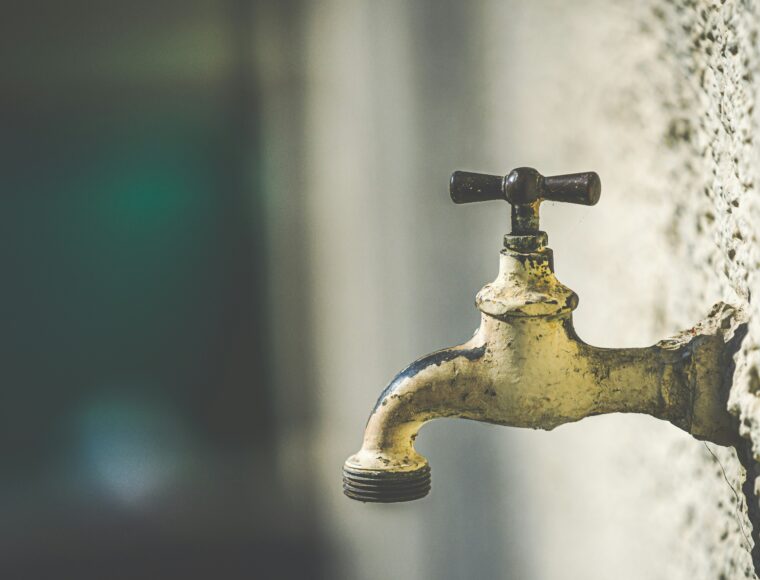
Most of us wash at 40C out of habit, but modern washing detergent work well at temperatures as low as 20C. Although it’s probably best to wash bedding, towels and underwear at least 40C it would make sense to 30C your standard wash as the lower the temperature, the more energy you’ll save.
Reduce your washing machine use by one run per week for a year.
Installing reflective radiator panels could save you around £35 per year. These can be placed behind radiators on external and uninsulated walls. They reflect heat back into the room, keeping you warmer for less money.
Big items of furniture can stop the heat from a radiator reaching the rest of the room. If you move your furniture at least an inch or two away from radiators. This will improve the air circulation and you’ll notice the room gets warm much faster.
Insulating your water tank, pipes and radiators is a quick and easy way to save money on your bills. Effective insulation of your hot water cylinder is important: even if you have thin spray foam or a loose 25mm jacket, you can benefit from increasing the insulation to a British Standard Jacket 80m thick, saving £50 per year. Installing and using a full set of heating controls (programmer, room thermostat and thermostatic radiator valves) can result in significant savings.
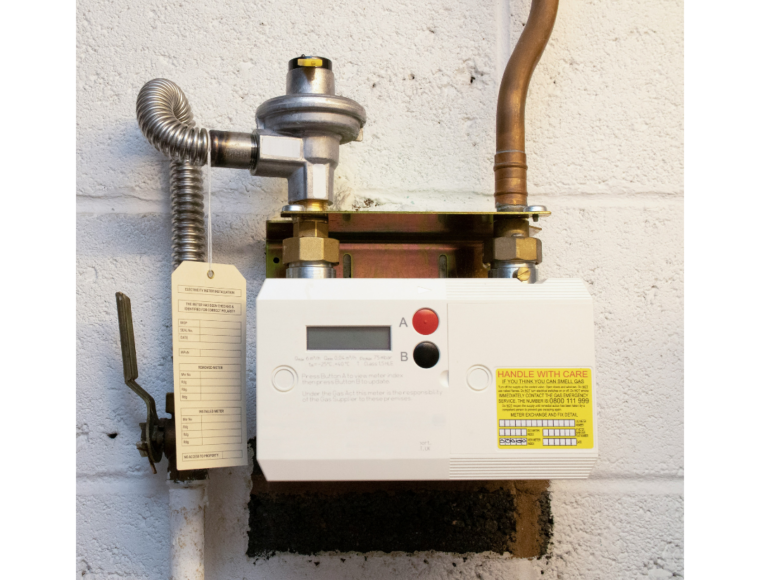
You can save around £60 a year just by remembering to turn your appliances off standby mode.
Kettles are one of the most used appliances in the kitchen. But many of us will admit that we at least occasionally boil the kettle with more water than we’re going to use.
Almost all electrical appliances can be turned off at the plug without upsetting their programming. You may want to think about getting a standby saver or smart plug which allows you to turn all your appliances off standby at the same time.
Keep the oven closed while cooking. We all do it sometimes. But when you open the oven door, some of the heat escapes – and then your oven needs to use more energy to reach the right temperature again. Getting into the habit of using the oven’s window can help save money over time. The same advice applies to your fridge and freezer. Your appliances need to use additional resources to maintain the heat or the cold.

Choose the right hob for the pot or pan. Choose the ring that’s closest in size to the saucepan to minimise energy waste. And consider using a steamer to cook different things on the same ring. If you’re looking to replace your old hob, research induction hobs – they’re the most energy-efficient.
Cooking accounts for around 14% of electricity demand in UK homes, so using the microwave more is a simple way of saving energy in the kitchen. Air fryers and slow cookers also use far less energy than your hob or oven too.
Batch cooking can help you make the most of your ingredients and the energy you use to cook your meals by putting more than one meal in the oven at the same time. It will also help you save time when you have a series of meals that will only need heating when you come back from work.

Bleed your radiators. It’s surprisingly easy and can make your heating system more efficient. If you have cold spots on your radiator, bleeding them should help make your home warmer more quickly.
Got a combi boiler? The default boiler flow temperature is normally set at 70 degrees. Reduce it to 55-60 degrees to save up to 6% on your energy use. Your boiler will work much more efficiently, and you won’t even notice the difference.
Your boiler’s preheat option means you get hot water quicker. But that convenience does use extra energy. Therefore, if you want to get your bills down a bit, check your boiler’s manual for instructions on how

Reading the road in front to stop you from having to brake unnecessarily will also improve efficiency. Braking wastes the energy used to get a car up to speed.
As a general guide, keep the revs between 1,500 and 2,500rpm (petrol engine) and 1,200 and 2,000rpm (diesel engine), but avoid labouring the engine.
Use the sat nav. If you’re travelling somewhere you’re unfamiliar with, make sure you have planned your route well to stop you from getting lost and wasting fuel.
Check that your tyre pressures are correct regularly. Lower tyre pressures increase drag on a car, which will use up more fuel.
Use cashback schemes. every time you buy fuel from them and swipe your loyalty card you will be accumulating points that can be exchanged for discounts or money off further down the line.
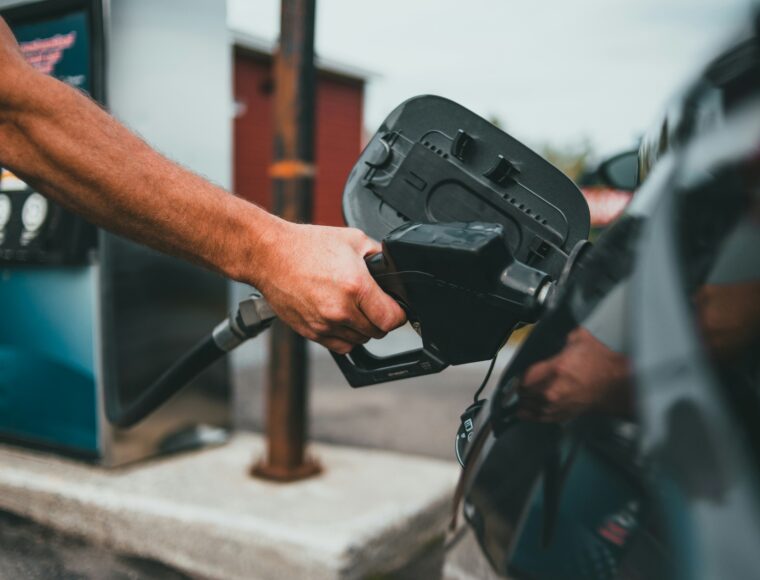
For some people doing large supermarket shops helps them save time and energy, other people find that they can reduce food waste more efficiently when they buy groceries daily or every few days. According to WRAP, we throw away 6.6 million tonnes of household food waste a year in the UK. The majority (4.5 million tonnes) is food that could have been eaten and is worth approximately £14 billion, which is equivalent to £60 a month an average family with two children.
Buy supermarket own brand versions. This typically cuts grocery bills by 30%. Even if you only swapped half the items, that’s still a 15% saving, which could be worth £100s or £1,000s.
For some people batch cooking helps them save time and energy, other people find that they can reduce food waste more efficiently when they buy groceries daily or every few days.
Purchase more frozen fruits and vegetables. frozen fruits and vegetables tend to be cheaper, healthy, and very fresh produce. Some frozen vegetables’ texture be affected during the defrosting process, but when batch cooking things like curries, chillis or casseroles, the difference is hardly noticeable.
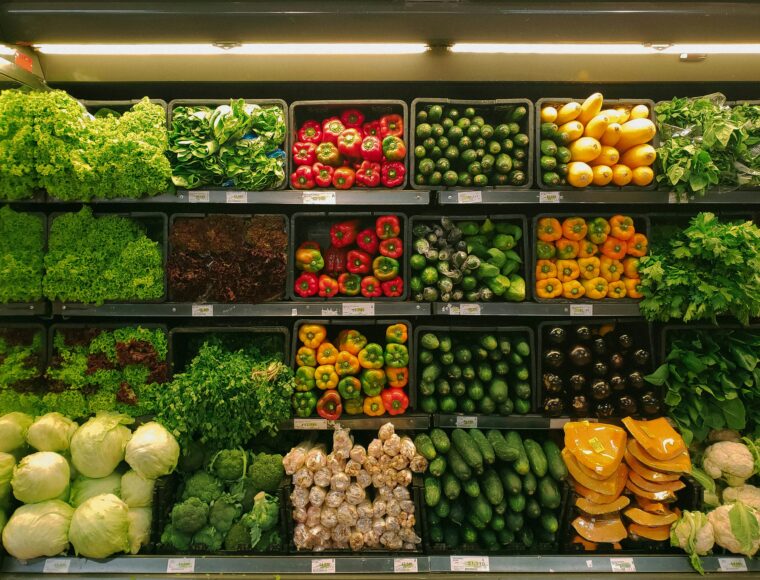
You might be able to get a reduction on your Council Tax if you are:
– is a care leaver in Scotland, where you’ll be exempt from Council Tax between the ages of 18 until you turn 26
– lives in certain counties in England and Wales and are a care leaver
– is a member of the armed forces, depending on your circumstances
– moved into a care home or hospital
– is in prison – unless you’re serving a prison sentence for failing to pay Council Tax
If you are in the market for insurance remember the following:

Contact us if you’ve been affected by benefit changes or think you’ll struggle to pay your rent. We can offer specialist advice to help you claim the right benefits and tax credits – and can help to explain everything from the benefit cap to bedroom tax.